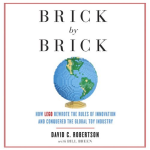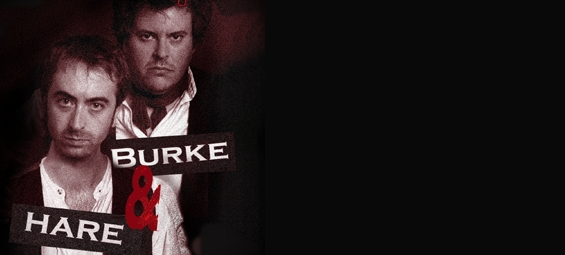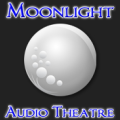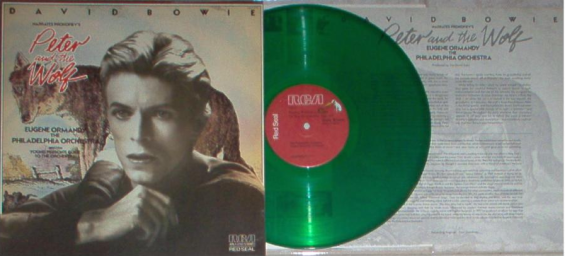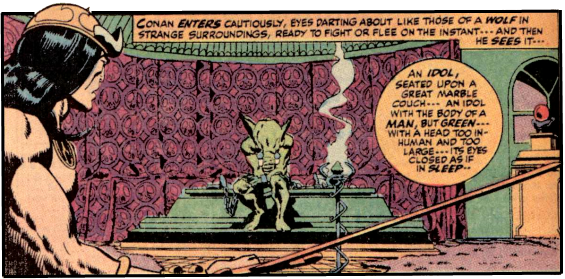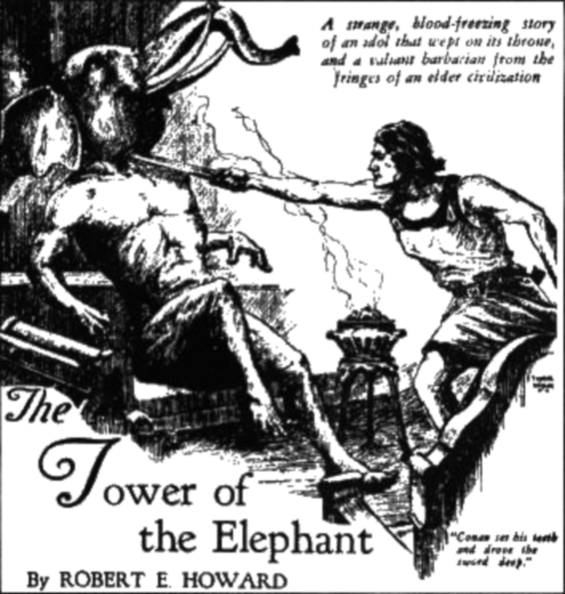
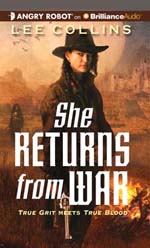 She Returns from War (Cora Oglesby #2)
She Returns from War (Cora Oglesby #2)
By Lee Collins; Performed by Alison Larkin
Publisher: Brilliance Audio
[UNABRIDGED] – 10 hours
Themes: / western / fantasy / skin walkers / vampires /
Publisher summary:
Four years after the horrific events in Leadville, a young visitor from England, Victoria Dawes, sets into motion a series of events that will lead Cora and herself out into the New Mexico desert. They are in pursuit of Anaba, a Navajo witch bent on taking revenge for the atrocities committed against her people.
In this follow-up to The Dead of Winter, Lee Collins gives us a second installment of his “Cora Oglesby” saga. She Returns From War tells the story of Victoria Dawes, an English woman finding her grit in the American West. Lee Collins has improved his writing but not nearly enough to make this tale snap with electricity. Collins does a great job in the early portion of this novel. The wheels don’t completely fall off until midway through chapter three. The first three chapters are quite good. I hope that Collins continues improving and polishing his craft. If he does, I might be able to write a positive review of his work some day. But that day is not today.
Collins is clumsy with the female characters in his charge. Either the women are two-dimensional drunks, classic western prostitutes, or prissy high-society types. He also includes a stereotypical Native American woman character who is a “skin walker” trying to reap revenge on the white man. My issue isn’t with the choice of characters that Collins employs within his storytelling. My problem is that Collins fails to provide his characters with enough depth and substance that his characters deserve. As a result, we encounter a story jammed with cardboard cutouts lacking all sense of meaning.
Alison Larkin is the Narrator. She uses an English accent for the most part since the story is inferred as Victoria’s story. Larkin changes accents when doing American characters and I had a real issue here. While the English accent works quite nicely for the character of Victoria, Larkin butchers all other accents in an over-the-top cartoonish rendition of cowboy-drawl gone bad. If you can look beyond this, Larkin isn’t a half bad reader, though she would do well to back down the level of dramatic inflection. There is a musical score that plays at the beginning and end of each audio CD. Every time I heard this, I kept thinking it sounded like a second-rate retread of the Titanic soundtrack with a not so haunting female vocalist in the background lamenting some long lost love. If any of you ever find yourself in the position of choosing music to go in these spots in an audio production, please remember that less is truly more. All that is needed is a simple single instrument that reflects the tone of the story where it is broken by the physical limits of the CD.
Aside from skin walkers and vampires, there’s not much new in the way of dark things that need to be killed. We do encounter mysterious wolf-like things at the very beginning but these are only with us for a short while.
If you are contemplating giving Lee Collins a go, start here and see how you like his style. I think Collins is at his best in the first three chapters. If you like this story, then maybe take a gander at his first try The Dead of Winter… Though if’in it was up tuh me, I’d stop dead-in-my-tracks here. It’s all downhill beyond this point.
Posted by Casey Hampton.

